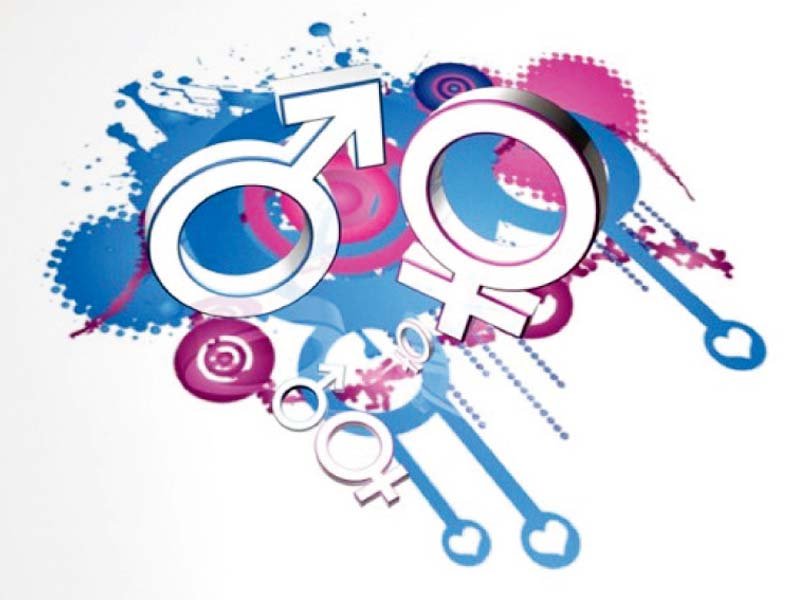
The Health Policy Research Group at the University of Nigeria Enugu, Campus, is currently implementing a 36-month project that will apply a gender transformative approach to youth-friendly sexual and reproductive (SRH) services in Ebonyi State Nigeria.
Young people in Nigeria face multiple barriers when accessing quality sexual and reproductive health (SRH) services. These barriers include discriminatory and judgmental attitudes from health providers, limited or lack of privacy and confidentiality, and adverse gender and social norms. Health system interventions designed to improve the sexual and reproductive health and rights of adolescents and young people focus largely on strengthening the capacities and skills of healthcare providers to provide youth-friendly services, without addressing underlying gender and power perspectives that shape how those services are delivered.
This project aims to increase service providers’ awareness and critical thinking on gender, intersectionality (linkage with other factors such as age, ethnicity, ability, education, social status, and other potential intersecting identities), and power dynamics. It also aims to improve the uptake of and satisfaction with SRH services provided to young people. The research team, in collaboration with communities and healthcare providers, will design, adapt, and implement a multi-component intervention. This will include training of healthcare providers, and an action learning process, which entails periodic reflective meetings between researchers, health service providers, and community members. There will be an application of economic and equity analyses to the work. Special attention will be paid to achieving gender equality and inclusion in youth-friendly SRH services.
The research team has been collaborating with the Ebonyi State Ministry of Health and other agencies in the implementation of interventions to improve access to SRH information and services for adolescents in selected LGAs. A critical mass of community health workers from these LGAs was trained to provide youth-friendly health services, including counseling and referral. Leveraging on already establishing relationships in Ebonyi state, the current study will apply a gender transformative approach to youth-friendly SRH services. This project will be conducted in six local government areas with the poorest SRH outcomes among young people as prioritized by the government.
Members of Research Team
-
Chinyere Mbachu (Project Leader)
-
Nkoli Ezumah (Co-Principal Researcher)
-
Obinna Onwujekwe (Co-Principal Researcher)
-
Ifunanya Clara Agu (Project Manager)
-
God’stime Eigbiremolen (Quantitative Researcher & Economic Evaluation)
-
Aloysus Odii (Qualitative Researcher)
-
Irene Eze (Policy & Community Engagement)
-
Prince Agwu (Research Uptake and communication)
-
Ifeyinwa Akamike (SRH Researcher)
-
Chibuike Agu (SRH Researcher)
-
Chinazom Ekwueme (Scaling Strategy)
-
Eunice Enabulele (Scaling Strategy)
-
Ozioma Agu (Research Assistant)
-
Peter Ihere (Research Uptake)
-
Emmanuel Dick (Economic Evaluation)